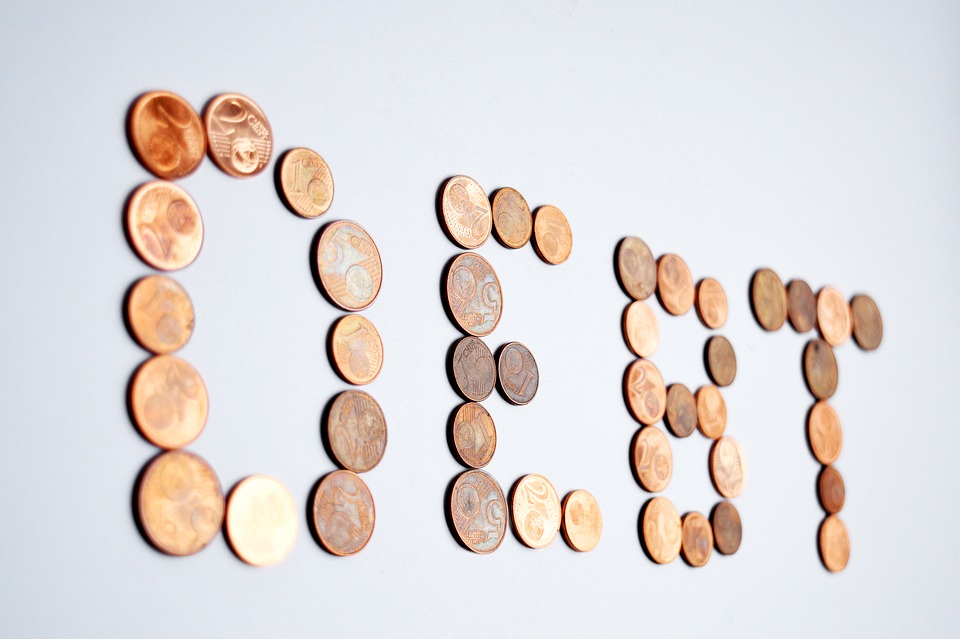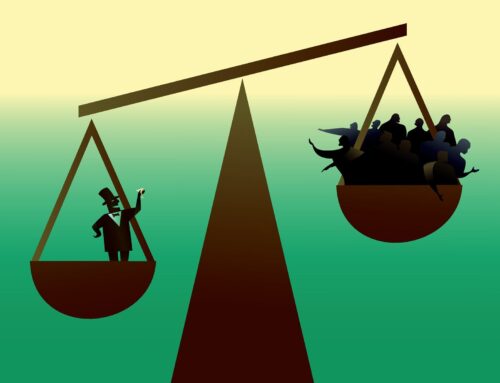If you’re dealing with a manageable amount of debt and just want to reorganize multiple bills with different interest rates, payments and due dates, debt consolidation is a sound approach you can tackle on your own.
How does debt consolidation work?
There are two primary ways to consolidate debt, both of which concentrate your debt payments into one monthly bill:
- Get a 0% interest, balance-transfer credit card: Transfer all your debts onto this card and pay the balance in full during the promotional period.
- Get a fixed-rate personal loan: Use the money from the loan to pay off your debt, then pay back the loan in installments over a set term.
- Your total debt doesn’t exceed 50% of your income
- Your credit is good enough to qualify for a 0% credit card or low-interest debt consolidation loan
- Your cash flow consistently covers payments toward your debt
- You have a plan to prevent running up debt again
Here’s a scenario when consolidation makes sense: Say you have four credit cards with interest rates ranging from 18.99% to 24.99%. You always make your payments on time, so your credit is good. You might qualify for an unsecured debt consolidation loan at 7% — a significantly lower interest rate.
For many people, consolidation reveals a light at the end of the tunnel. If you take a loan with a three-year term, you know it will be paid off in three years — assuming you make your payments on time and manage your spending. Conversely, making minimum payments on credit cards could mean months or years before they’re paid off, all while accruing more interest than the initial principal.
Read more at: https://www.usatoday.com/story/money/personalfinance/2017/10/14/what-is-debt-consolidation-and-should-i-consolidate/106375910/




